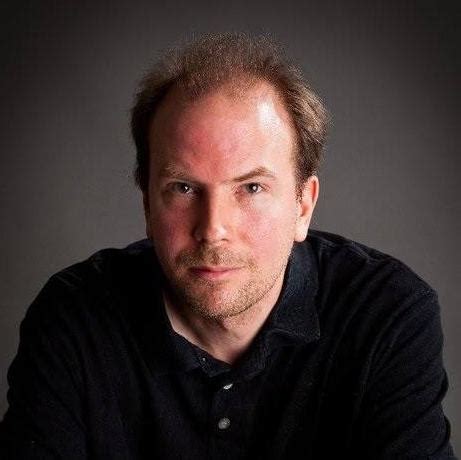A Quote by Hermann Hesse
An enlightened man had but one duty - to seek the way to himself, to reach inner certainty, to grope his way forward, no matter where it led.
Related Quotes
The style is the man. Rather say the style is the way the man takes himself; and to be at all charming or even bearable, the way is almost rigidly prescribed. If it is with outer seriousness, it must be with inner humor. If it is with outer humor, it must be with inner seriousness. No other way will do.
In philosophical anthropology, ... where the subject is man in his wholeness, the investigator cannot content himself, as in anthropology as an individual science, with considering man as another part of nature and with ignoring the fact that he, the investigator, is himself a man and experiences this humanity in his inner experience in a way that he simply cannot experience any part of nature.
I lay very little stress either upon asking or giving advice. Generally speaking, they who ask advice know what they wish to do, and remain firm to their intentions. A man may allow himself to be enlightened on various points, even upon matters of expediency and duty; but, after all, he must determine his course of action, for himself.
God is the original, master forgiver. Each time we grope our reluctant way through the minor miracle of forgiving, we are imitating his style. I am not at all sure that any of us would have had imagination enough to see the possibilities in this way to heal the wrongs of this life had he not done it first.
It is not a man's duty, as a matter of course, to devote himself to the eradication of any, even the most enormous wrong; he may still properly have other concerns to engage him; but it is his duty, at least, to wash his hands of it, and, if he gives it no thought longer, not to give it practically his support. If I devote myself to other pursuits and contemplations, I must first see, at least, that I do not pursue them sitting upon another man's shoulders.
I ask of each Mason, of each member, of each brother, that he shall remember ever that there is upon him a peculiar obligation to show himself in every respect a good citizen; for after all, the way he can best do his duty by the ancient order to which he belongs is by reflecting credit upon that order by way in which he performs his duty as a citizen of the United States.







































